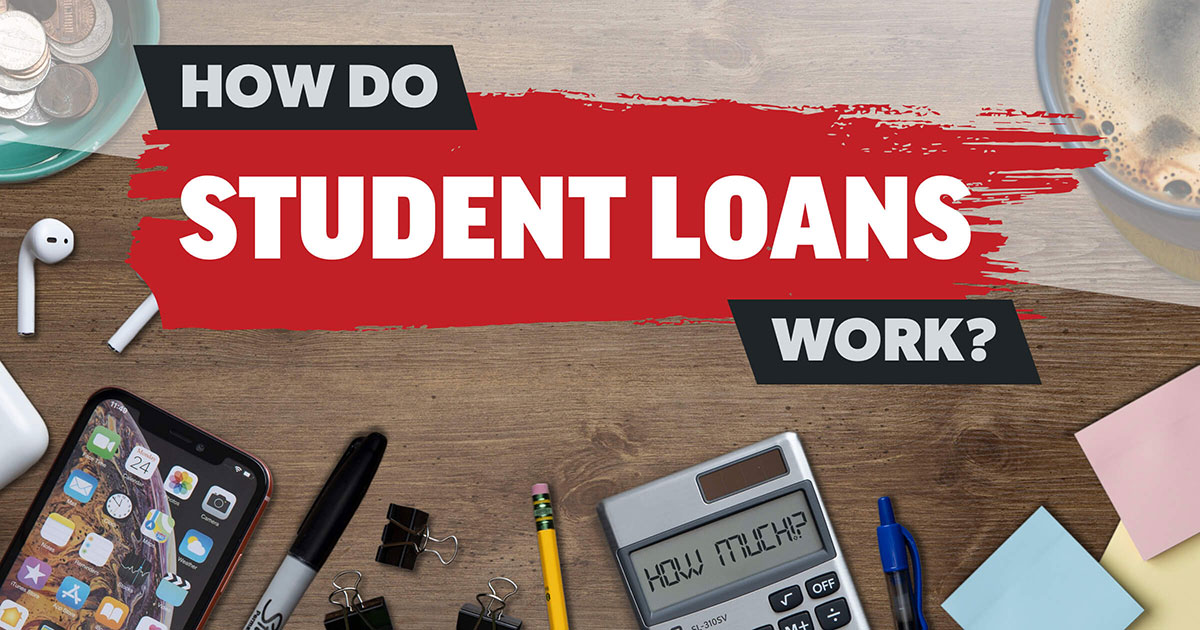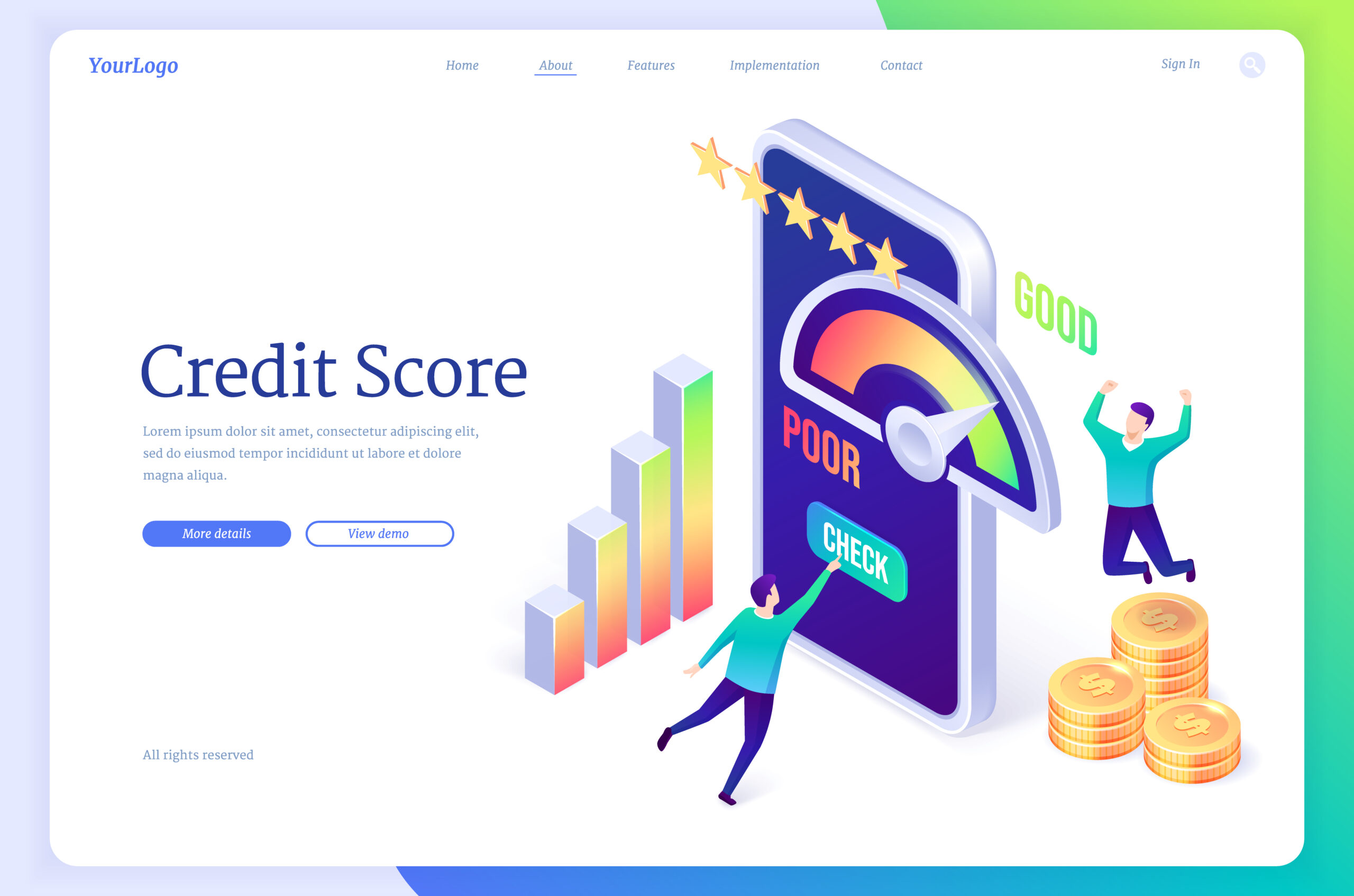Want to know more about Student loans? Keep reading.
If you’re making plans on going to college and majoring in something like science or pre-med, you might be concerned about how much student loan debt you’ll accumulate. After all, we’ve all heard horror stories about students coming out of school with tens of thousands of dollars in student loan debt that they have no realistic means of repaying on their current income.
These days, most students need some form of financial aid to fund their education. There are numerous options available to help pay for your schooling. The type of aid you qualify for will depend on your circumstances and the cost of the institution you plan to attend. If you can not afford to pay for your education upfront, several different schemes may provide the funding you need.

Here is what you should know about student loans:
What is a student loan?
Student loans are a type of financial aid that you borrow from an institution to help pay tuition. The loan isn’t free, but it is interest-free. You can apply for student loan here: Bank of Ireland, AIB, and so on. This means that the only charges you have to pay are the origination fees (which are usually a one-time fee) and whichever fees your lender may charge if you go into repayment before the end of the grace period.
You must repay this loan as set out in your specific terms. The amount and length of time you’ll owe depends on how much money was borrowed and whether or not you’re in deferment or forbearance (delaying repayment). You could also get lucky if your student loan interest rate is low because then it will be easier to repay what you owe.
Federal student loans
If you need more money than you’re getting in scholarships and grants, you can apply for federal student loans. Federal loans are a great way to cover the cost of your education because they offer low-interest rates and flexible payment plans. If you find the best interest rate is not what you thought it would be, there are options available to refinance your federal loan.
You can also defer payments if you cannot make them at the time they are due. Different circumstances can qualify you for these options, so be sure to research and find out if you are eligible.
Types of federal student loans
The type of federal student loan you take out will depend on your circumstances, the institution you plan to attend, and how much funding you need. Some federal student loans are guaranteed by the federal government and offer low-interest rates but require a credit check.
Other loans are not guaranteed by the federal government and offer higher interest rates but don’t require a credit check.
- Federal Direct Stafford Loans: Federal Direct Stafford Loans provide financial assistance for undergraduate students and graduate students. These types of loans mostly have low-interest rates and don’t require a credit check, but they are not guaranteed by the federal government.
- PLUS Loans: PLUS Loans are federally-guaranteed loans that can be used to cover all or part of the cost of post-secondary education at an eligible institution for an undergraduate or graduate student of any age or grade level. They typically carry a fixed interest rate that is lower than other types of student loans.
- Perkins Loan: Perkins Loans provide funding for certain types of post-secondary programs for students with exceptional financial needs. The Perkins Loan Program provides up to $5,500 per year in these loans to full-time undergraduates who demonstrate exceptional financial need as determined by their school’s financial aid administrator. These loans mostly have low-interest rates and don’t require a credit check, but they are not guaranteed by the federal government either.
Consolidation of student-loans
An option is to consolidate your student loans. Consolidating your loans means joining the different types of outstanding loans you have and selecting one loan with a new, reduced monthly payment.
Some people consolidate their student loans because they want to lower their monthly payments, while others do it because they are eligible for a lower interest rate when they consolidate their loans.
How to find the best deal for you
The first thing you should do when looking for student loans is to compare the different costs of each program. You want to make sure and know that you’re getting the best deal.
One way to see how much money you’ll owe per month after graduation is to use a student loan calculator. This will show you your total monthly payments and just how long it will take you to repay the loan at different interest rates.
There are also programs where a percentage of your salary goes towards paying back your loans, so be sure to explore those opportunities as well.
Private student loans
If you need to borrow money to pay for your education, you can apply for a private student loan. These loans are less advantageous than federal student loans, but they do offer some relief.
With a private student loan, the interest rate is fixed, and the repayment time frame is longer. This means that you will have lower monthly payments in the beginning, but your total repayment will be much higher at the end of your repayment period.
Private student loans typically come from banks and other financial institutions. The amount of money you will be able to borrow will depend on factors like credit score and income.
When should you not take out a loan?
One of the most important things to consider when deciding whether or not to take out a student loan is your future income. If you’re planning on pursuing a high-paying career and expect to make at least $60,000 per year after graduation, then you’ll likely be able to afford the monthly payments for an average loan.
If you plan on making less than $30,000 annually and will be saddled with debt from an undergraduate degree before you even enter the workforce, it might not be worth borrowing money for school.
The initial interest rates are typically lower for federal loans, and they offer more flexible repayment plans. But, if you plan on attending graduate school, the interest rate may increase substantially. If this happens, your monthly payments may also increase considerably.
In this case, it may be worth exploring other options like scholarships or grants that don’t require repayment of any sort (although these types of aid are limited).
Conclusion On Student-loans
You might have been told time and time again that going to college is the best way to increase your earning potential and your chances of securing a job in a field that you are passionate about.
However, sometimes the idea of going to school is overwhelming, and you don’t know how you’ll be able to afford it. You can borrow money from the federal government and private lenders to help you finance your education.
Whether it’s a Stafford loan, a Perkins loan, or a private loan, it’s important to understand all the different types of loans available before you decide which one is best for you. You also need to know the amount of money you need, how long you need it for, and what the repayment options are.
Asking yourself these questions will help you find the right type of loan to help finance your education so that you can make your dreams come true.







